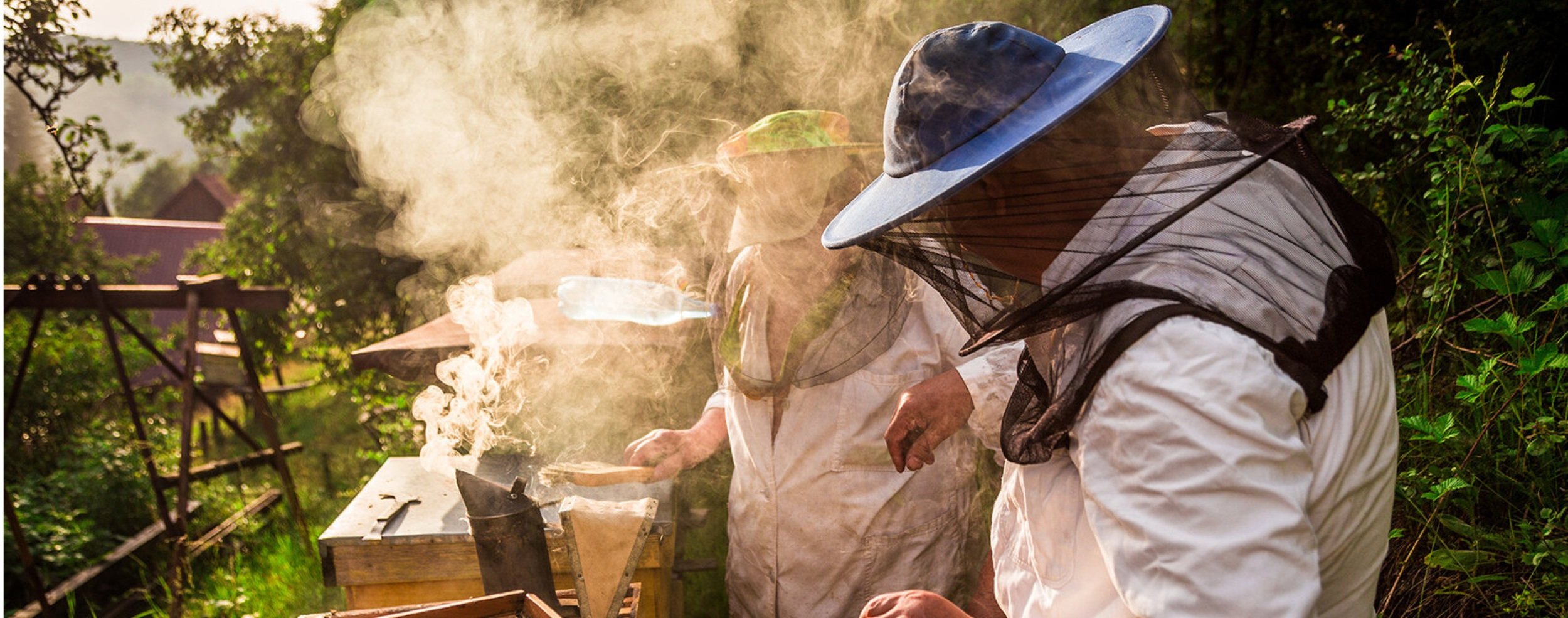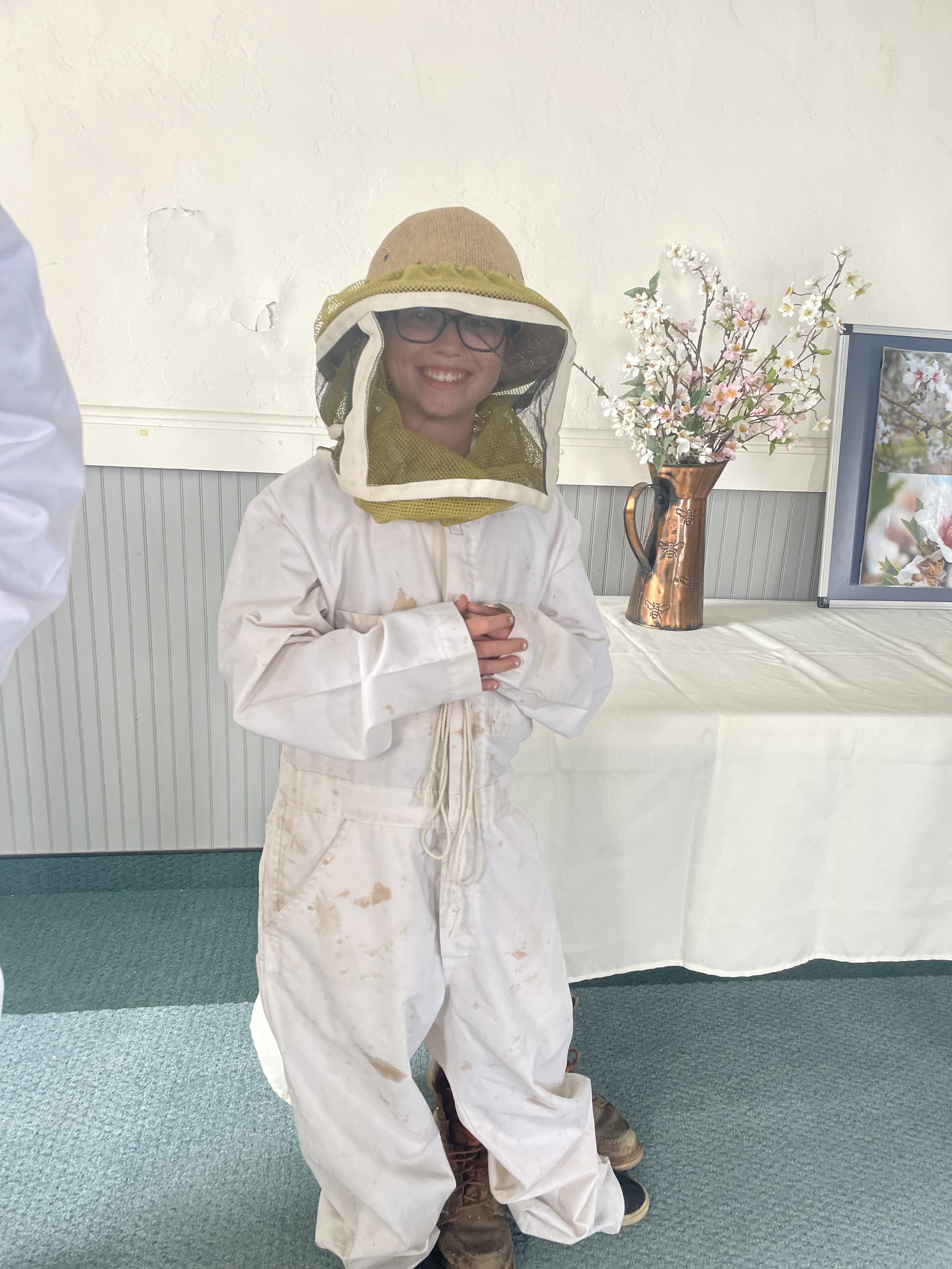
Beekeeping and Beekeepers
Humans have been tending bees for nearly 2500 years since they began taking care of wild bee colonies around 30 B.C. These early beekeepers probably wanted the honey from the bees. They may have also noticed that honeybees made their crops produce more because of pollination.
Beekeeping has always been a vital contributor to agriculture and industry in Northern California.
Eighty percent of the queen bees used in the United States are raised in Butte, Glenn, Shasta, and Tehama counties.
This tri-county region produces the vast majority of queens in the United States.
A Mediterranean climate that offers hot summers and moderate winters in Northern California is ideal for queen bee rearing in the spring. This satisfies the needs of beekeepers in other snowier climates such as the Midwest and Canada who have worked with our beekeepers for nearly 100 years (or 3 generations) who are starting their hives. It has attracted more recently new beekeepers to the area who have expertise. There are many relationships to base both business and personal aspirations. The abundant planting of nuts also lends to the success of beekeeping with tens of thousands of queen bees produced annually. Almonds specifically make it economically feasible for there to be a large concentration of beekeepers. Trading of stock and expertise between beekeepers helps maintain the profession and keep it advantageous to our area.
Beekeepers
Today’s beekeepers are either professionals, with many hives, or hobbyists, who tend a few hives. Beekeepers help keep bees safe and healthy, which is a benefit to farmers and people.
Both men and women can be beekeepers, and some kids have beehives, too! There are 4-H leaders for beekeeping, and some high school students keep bees for their FFA projects.
Most beekeepers have special suits or coveralls so that bees cannot sting them too often. They wear screen veils to protect their head and neck. Some wear soft leather gloves to protect their hands and arms and high top boots to protect their feet and ankles.
Tools of Beekeeping
Beekeepers have special tools for keeping bees. These include a smoker to spread smoke along the bottom entrance of the hive and under the top lid. The smoke calms the bees so that when the beekeeper opens a bee box, they can work quickly and carefully inside of the hive. Beekeepers also have hive tools to carefully separate the frames.
Moving Bees
Professional beekeepers use other equipment besides smokers and hive tools. They have trucks and forklifts to move beehives. They also use ropes and straps to keep the hives on the truck as they move them to locations in orchards, clover and alfalfa fields, and vine seed crops like watermelons and cucumbers. Three out of every four crops are pollinated by honeybees. Often beekeepers rent hives to farmers and keep the bees on farms to be used for pollination.
Beekeeping is for Everyone
Hobbyist beekeepers usually have several hives in their yard or garden. Some beekeepers in cities keep their hives on tops of tall buildings! Hobbyist beekeepers collect the honey and share it with their friends.
Beekeepers check their bee hives to see if the queen is doing a good job of laying eggs. They also make sure that the bees have plenty of pollen and nectar for food so that the bees in the hive are healthy.
Beekeeping is a fascinating and rewarding hobby or business. People who enjoy being outdoors and are curious about nature often love being beekeepers. Beekeeping is hands-on, hard work, but many people love keeping honeybees for a hobby or career. Being a beekeeper is an important job that helps the environment and is crucial to our food supply.










